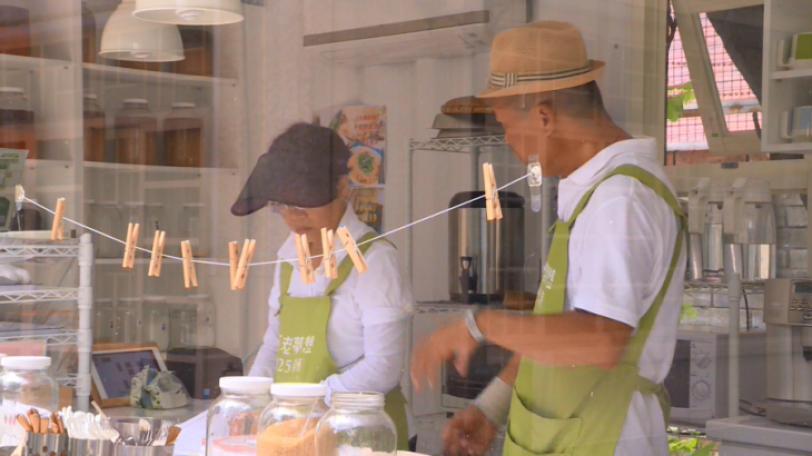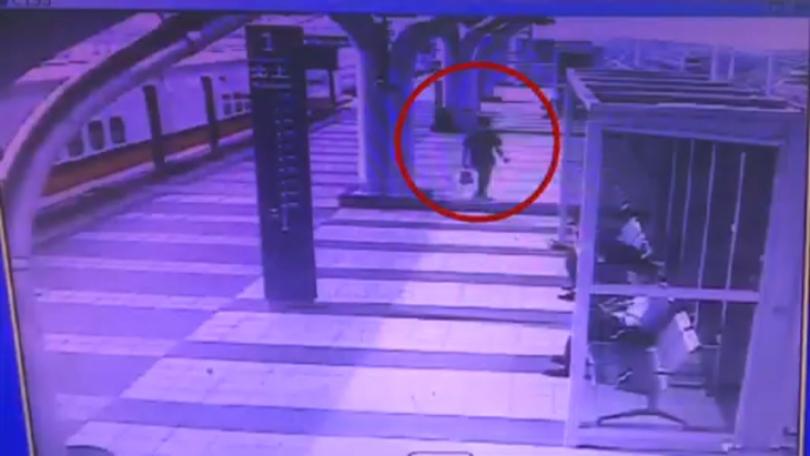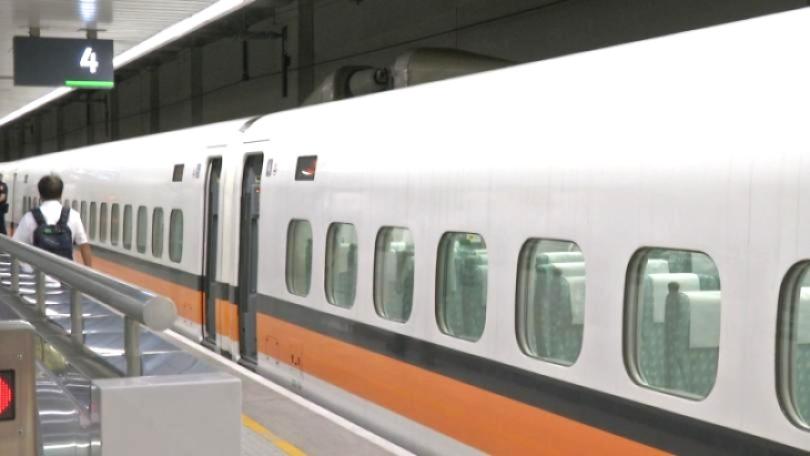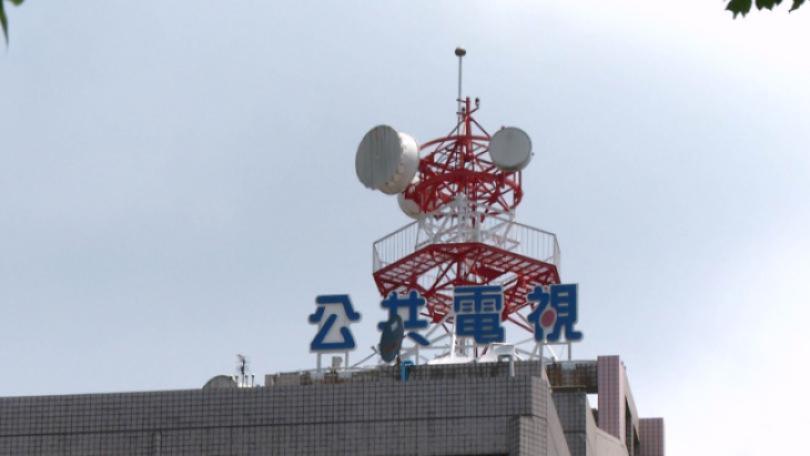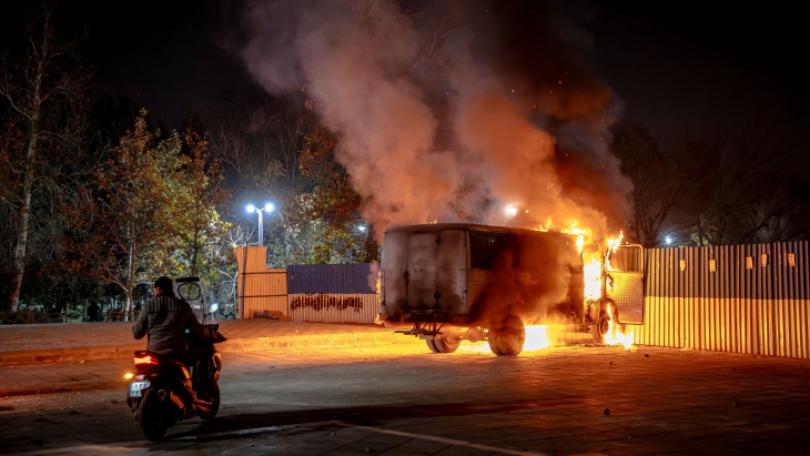Disabled Workers Can't Find Jobs Despite Training 缺轉銜輔導 身心障礙者畢業後求職不易
COVID-19 has been a difficult time for disabled workers due to the suspicion of job assistance and transfer programs.
At this sheltered workshop, trainees learn to brew tea. Many disabled workers have had an even harder time finding work in the last two years due to the epidemic. Employment services groups say the government's COVID-19 work program, which boasts nice and easy jobs, will make it difficult for disabled workers to acclimate to "normal" working environments down the line.
Huang Hsiao-pei, Employment Services Association Worker: “After leaving, they sometimes have trouble adapting to their new working environment and want to come back here.”
Many disabled workers say they have lost self-confidence in the past two years.
Hsiung Hsiung, Vocational Trainee: “I'll try any job I can get since we don't have as many job opportunities as regular people.”
The Kaohsiung City Labor Affairs Bureau has long had a vocational training program for disabled workers. The program has not been suspended due to COVID-19.
Hsu Kun-fa, Director, Kaohsiung City Bo-ai Vocational Training Center: “We used (online remote) technology during the (epidemic), which maybe doesn't provide the level of educational quality, but we maintained certain standards.”
The program provides disabled workers with skills to support themselves. The center says disabled workers are more open to manual labor and they are very popular in certain sectors.
Wang Chien-kun, Instructor, Kaohsiung City Bo-ai Vocational Training Center: “Our graduates are quite popular with gas stations and car washes.”
As the saying goes, "Give a man a fish, and you feed him for a day. Teach a man to fish, and you feed him for a lifetime." Social welfare groups say while the government does provide assistance, it needs to focus on providing fishing rods rather than fish.
學員在廚房煮茶,雖動作較慢,卻很用心執行步驟。這是提供身心障礙者學習技能的庇護工場,在台灣身障者要轉到一般職場本就不容易,這2年受疫情影響變得更加困難。
方舟就業服務協會理事長王姿琦說:「疫情的關係導致(學校)這些轉銜輔導可能會停辦,他不知道什麼叫小作所,什麼叫職業重建,什麼叫個管員,要去哪裡找到這些人,然後這些服務代表是什麼意思。」
政府雖在疫情期間提供安心上工方案,但就服員也擔心輕鬆舒適的環境會讓身障者更難適應一般職場。
方舟就業服務協會就服員黃曉蓓指出:「離開會發現外面的工作,相對來講好像比較困難,所以他們沒有辦法適應,他們會覺得,好像還是在我們這邊工作是最理想。」
身障者在求職上本來就比一般人困難,疫情讓他們更沒信心。
高市勞工局職訓學員熊熊說:「有工作就先去嘗試,因為我們畢竟比正常人,工作的職缺會比較少。」
學員在職訓師旁學習如何修剪樹枝,為幫助身障者就業,高市勞工局長年開設園藝、洗車等職訓課程,疫情期間也不間斷。
高市勞工局博愛職訓中心主任許坤發表示:「克服(疫情)的過程當中,透過一些(網路遠距)科技,學習效果也許,不過我們都還是維持在一定的水準。」
透過職訓讓身障者有一技之長能投入職場,職訓中心發現,由於多數身障者比一般人更願意勞動、努力,反而在特定工作上更受歡迎。
高市勞工局博愛職訓中心職訓師王建焜說:「學員訓練出來,就業率其實普遍在加油站跟一般的汽車美容廠,還蠻受歡迎的。」
面對身障者,人們常說,「給他們魚、不如給他們釣竿」。社福團體表示,政府確實提供了很多幫助,但更希望政府給出適合的釣竿,而非單純補助,讓他們有適合的技能能夠回到一般職場。

